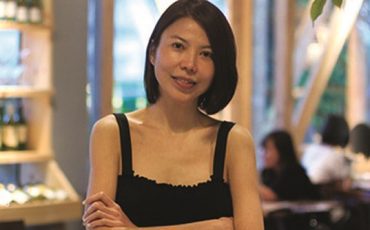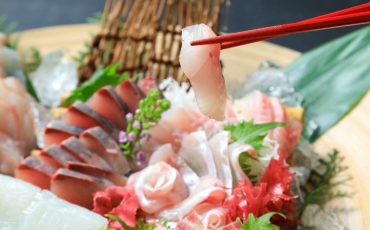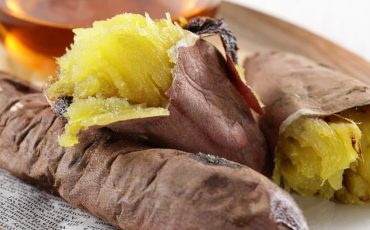Articles
Recipes
Oct 1, 2015
Shoyu-koji Recipes
Shoyu-koji, or soy sauce malt, is soy sauce that has been fermented again with koji (rice malt that has been treated with the fermentation culture, Aspergillus oryzae). We use this ingredient all year round, but especially during autumn. As the temperature dips, Shoyu-koji makes a tasty addition to comforting hot soups or boiled nimono – vegetables boiled with dashi stock and soy sauce.
This ingredient became popular in Japan a few years ago, following the rise in popularity of Shio-koji, or fermented rice malt (introduced in Oishii Issue 5). This is because of its numerous health and beauty benefits. First, as a fermented ingredient, Shoyu-koji is wonderful in aiding digestion and relieving constipation by increasing the good bacteria in our gut. Second, it has anti-ageing properties – it protects the skin from melanin creation. Third, Shoyu-koji is chockfull of powerful anti-oxidants, which keep infections at bay.
Once prepared, Shoyu-koji can be kept up to half a year. However, it loses its flavour over time, so it is recommended that you consume your Shoyu-koji within three months. Another tip when consuming Shoyu-koji is to gently mash the koji with your fingers, or use a food processor to puree it, in order to make the sauce smoother.
In addition, this ingredient has a rich umami flavour and complements most dishes. Here’s an easy way to enjoy the condiment: Slice some onions and soak it in water for a few minutes, then remove from water and pat dry, squeezing out excess moisture. Top it with Shoyu-koji and bonito flakes, and you have a simple and tasty snack!
In our recipes on the adjacent page, we have created dishes perfect for the autumn months. Our rice recipe is great for picnics, and makes for a delicious meal even if the dish is cold. Yakitori is popular with Japanese and Singaporeans alike, so we have created a yummy dish that you can prepare for home parties. This recipe goes well with sake or white wine, as its subtle flavours pair beautifully with the rich taste of Shoyu-koji. We hope you’ll enjoy it!
Making Shoyu-koji
Ingredients
200g rice malt
400cc soy sauce
Directions
1. Put the rice malt in a bowl. Mash it by hand until it crumbles, and add soy sauce.
2. Place it in an airtight container and store it in room temperature.
3. Stir the mixture with a clean spoon once a day. After 7 days, store in a refrigerator. *Recommended to use within 3 months of preparation.
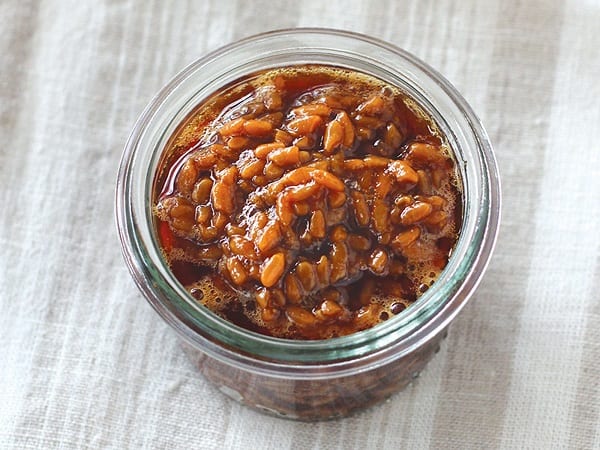
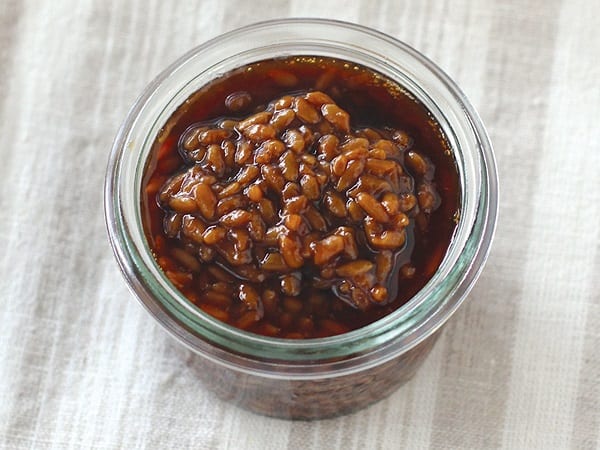
Rice seasoned with Shoyu-koji, with salmon and mushrooms
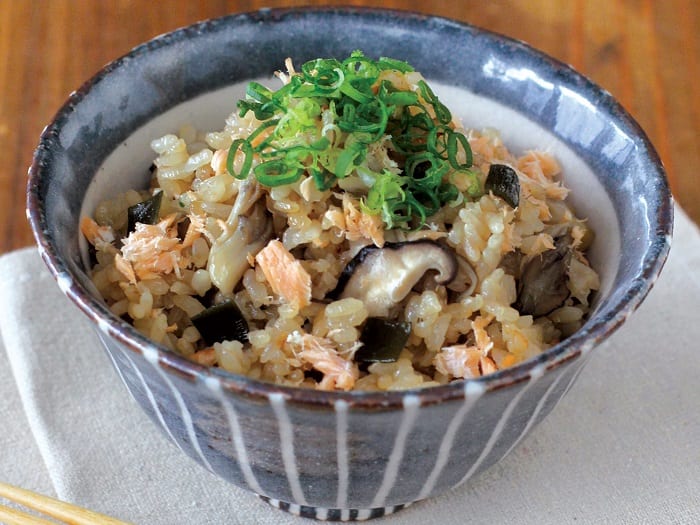
Ingredients (Servings 2)
360cc rice
Appropriate quantity of water for 360cc rice
5cm of konbu kelp
1 slice of raw salmon
2 shiitake mushrooms
100g maitake mushroom (can be substituted with oyster mushroom)
Appropriate quantity of green onion
2 tbsp Shoyu-koji
½ tbsp sweet sake
1 tsp sesame oil
Directions
1. Wash the rice and put it into a rice cooker. Add water and set aside for 30 minutes.
2. Remove fish bones out from the raw salmon if any.
3. Remove the stem of the shiitake mushrooms and slice them thinly. Loosen the maitake mushroom into the size of the shiitake mushrooms. Chop the green onion finely.
4. Add the Shoyu-koji and sweet sake. Mix well. Add konbu, raw salmon, shiitake mushrooms, and maitake mushrooms, and start cooking the rice.
5. Take the konbu out of the rice cooker and cut it finely with kitchen scissors. Place the cut konbu in the rice cooker once more. Add sesame oil, mix contents well, and serve.
Tip!
Adding a dash of sesame oil atop your rice gives the dish more fragrance and flavour!
Yakitori with avocado and Shoyu-koji
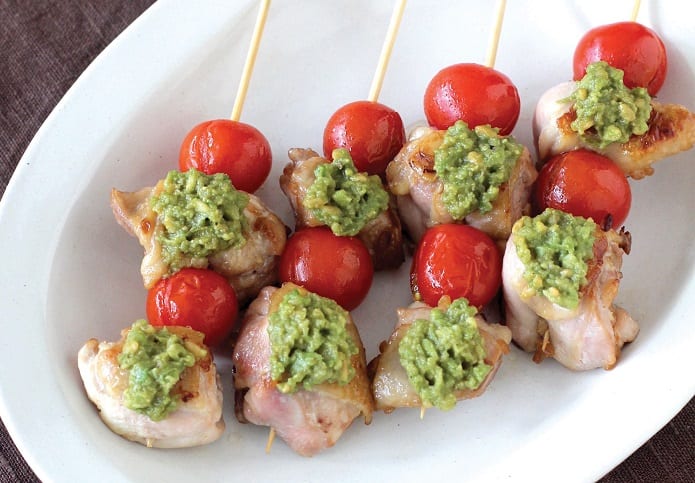
Ingredients (Servings 2)
200g chicken leg
½ tbsp Shoyu-koji
8 cherry tomatoes
½ avocado
1 tsp vinegar
½ tbsp Shoyu-koji
1 tsp sesame oil
Pepper (for taste)
Directions
1. Remove the hull of the cherry tomatoes. Cut the chicken into 8 pieces and rub the pieces with Shoyu-koji.
2. Skewer the chicken and cherry tomatoes alternately through a skewer.
3. Heat sesame oil on a frying pan. Cook the chicken until it begins to brown. Then, roast on low heat with the lid on until well-cooked, for about 7 minutes.
4. Place the avocado in a bowl and mash it with a fork. Add Shoyu-koji, vinegar, and pepper. Coat the seasoning over the chicken and serve.
Profile
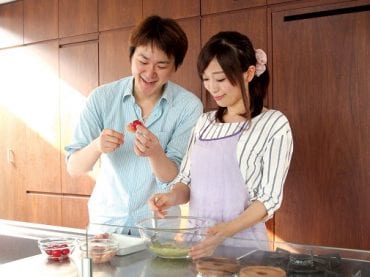
Food consultants Go Igarashi and his wife, Yukari, are both food enthusiasts who eat, breathe, and live everything gourmet. They believe food goes beyond just function, and is an integral part of one’s lifestyle.
TEXT: SHARIFAH NURSYAFIQAH
PHOTOGRAPHY: FOODCREATIVEFACTORY
RECIPES TRANSLATION: YUICHI

